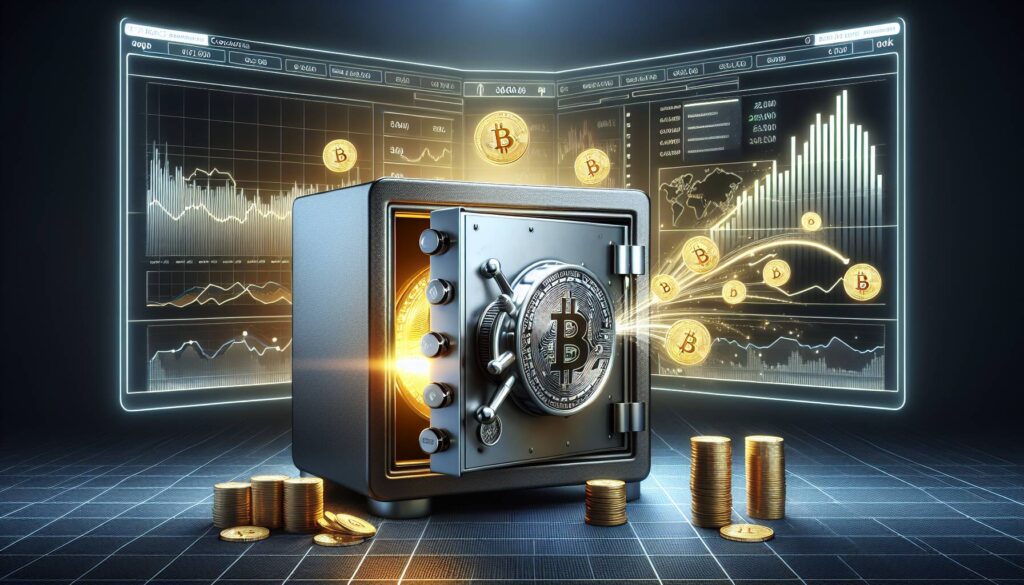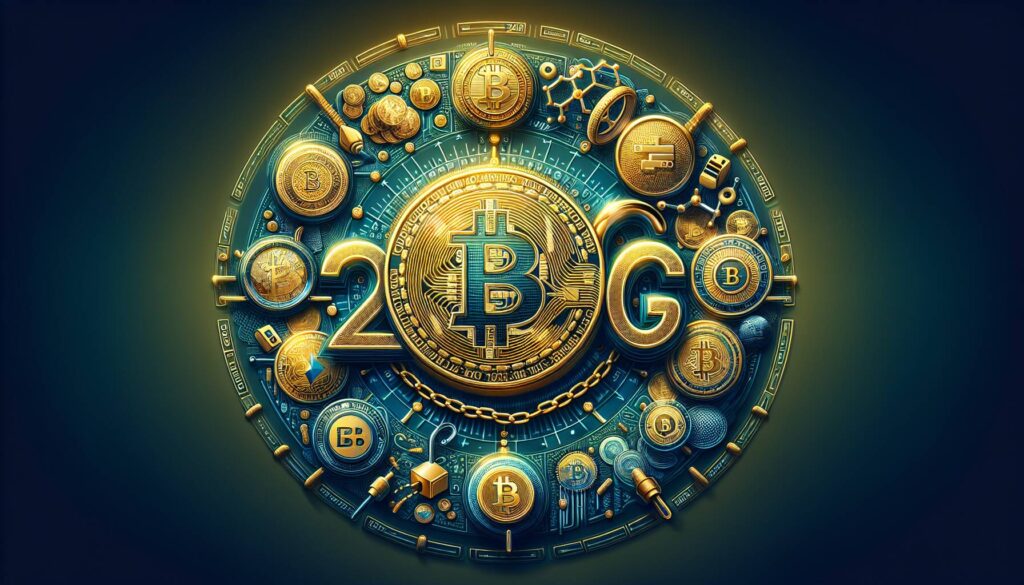The spotlight remains firmly on Do Kwon, the controversial founder of the Terra Luna cryptocurrency ecosystem, as he pleads not guilty to serious fraud charges following his recent extradition to the United States. This development comes as a significant moment in the ongoing saga of Kwon’s tumultuous journey through the cryptocurrency landscape.
Kwon’s Terraform Labs was responsible for launching the luna cryptocurrency and the algorithmic stablecoin terraUSD. However, in a dramatic twist, both assets collapsed in 2022, resulting in an astonishing loss of approximately billion for investors. Federal prosecutors have leveled multiple charges against Kwon, including securities fraud, wire fraud, commodities fraud, and conspiracy to commit money laundering. These charges stem from allegations that Kwon intentionally misled investors in 2021 about the mechanics of terraUSD’s value-stabilizing algorithm.
“The collapse of the Terra Luna ecosystem has drawn significant attention, raising critical questions about the regulatory oversights in the fast-evolving cryptocurrency market.”
As he navigates his legal battles, Kwon finds himself in a precarious position. After being arrested in Montenegro in March 2023 for passport forgery, he fought against extradition to the U.S. for over a year. Now, with a soon-approaching court date on January 8, as ordered by Magistrate Judge Robert W. Lehrburger of the Southern District of New York, Kwon’s future hangs in the balance as he faces the repercussions of his alleged actions.
This case not only highlights the challenges faced by individuals in the cryptocurrency sphere but also underscores the importance of transparency and trust in an industry often riddled with speculation and uncertainty. As updates unfold, the cryptocurrency community watches closely, eager to see how this high-profile legal battle will shape perceptions of crypto regulation and investor protections going forward.

Do Kwon’s Legal Troubles and Their Implications
Do Kwon, the founder of the troubled Terra Luna cryptocurrency ecosystem, has become a focal point in discussions about the ethical conduct within the cryptocurrency industry. Here are the key points related to his case:
- Not Guilty Plea: Kwon pleaded not guilty to multiple charges of fraud after his extradition to the U.S.
- Collapse of Terra Luna: The Terra Luna ecosystem, which included the luna cryptocurrency and the stablecoin terraUSD, experienced a collapse in 2022, leading to an estimated loss of billion.
- Multiple Fraud Charges: Kwon faces serious allegations including securities fraud, wire fraud, commodities fraud, and conspiracy to commit money laundering.
- Misleading Investors: Prosecutors claim Kwon misrepresented the algorithm meant to maintain the stable value of terraUSD at to investors in 2021.
- Detention Pending Court Appearance: Kwon has been ordered to be detained ahead of his next court appearance scheduled for January 8, 2024.
- Past Arrest and Extradition Fight: He was arrested in Montenegro in March 2023 on charges of passport forgery and has been contesting extradition to the U.S. for over a year.
The implications of this case extend beyond Kwon himself, as it raises questions about regulation, investor trust, and the future of cryptocurrency projects.
This case may impact readers by highlighting the risks associated with investing in cryptocurrencies and the importance of due diligence when considering digital assets.
Do Kwon’s Legal Battle: A Mixed Bag for the Crypto Community
The saga of Do Kwon, the controversial founder of the Terra Luna crypto ecosystem, continues to unfold, following his extradition to the U.S. and subsequent pleading of not guilty to serious fraud charges. As Kwon faces a harsh judicial landscape, with allegations ranging from securities fraud to money laundering conspiracy, the ripple effects of this case are being felt throughout the cryptocurrency market.
When comparing Kwon’s situation to similar high-profile cases in the crypto industry, such as the legal troubles faced by Craig Wright, who recently received a suspended jail sentence, a notable competitive advantage emerges. Kwon’s strong defense strategy, which hinges on his not guilty plea, offers a counter-narrative to the sentiment surrounding crypto regulatory scrutiny. His insistence on having misrepresented the stability of the terraUSD’s value as part of a broader algorithm is a delicate dance between innovation and accountability. This approach could resonate with investors hoping for a resurgence in confidence in decentralized finance (DeFi) projects.
However, the disadvantages are just as significant. The fallout from the Terra Luna crash, which saw billions evaporate overnight, has left a lasting impression on investor trust. Kwon’s case exemplifies the precarious nature of the crypto environment, where high returns can be overshadowed by substantial losses. For new investors, his ongoing legal troubles amplify the perception of risk, potentially stalling new capital flows into this already volatile market.
The implications of Kwon’s indictment could be particularly consequential for regulatory bodies and existing cryptocurrency projects. Increased scrutiny from regulators could lead to more stringent compliance requirements across the board, especially for projects that have faced prior challenges. This could deter innovation as developers navigate a more complex legal landscape. On the flip side, a move toward enhanced regulations could enhance consumer trust and stabilize the market over time, benefiting those crypto ventures that adhere to rigorous standards.
In summary, while Do Kwon’s legal battles present an opportunity for the crypto ecosystem to refine its governance and trustworthiness, they also pose challenges for the market as a whole, particularly for budding investors and innovative developers. The continuing developments in his case will surely create a ripple effect, shaping the future regulatory framework and investor sentiment in the cryptocurrency world.














